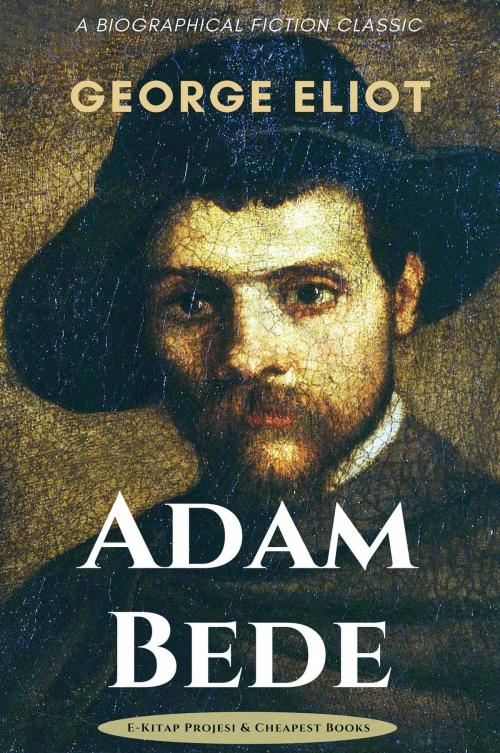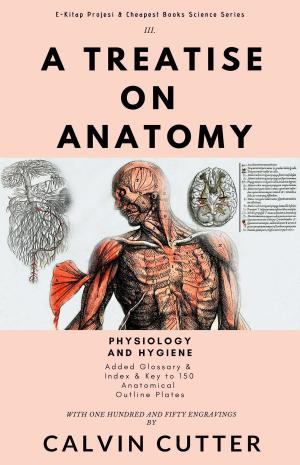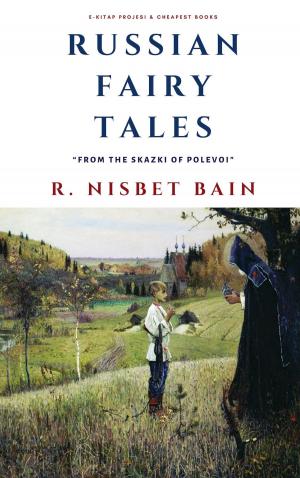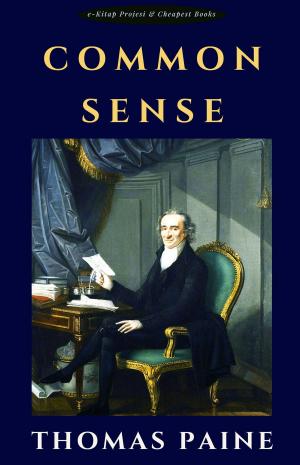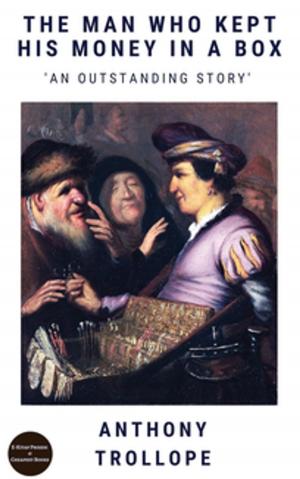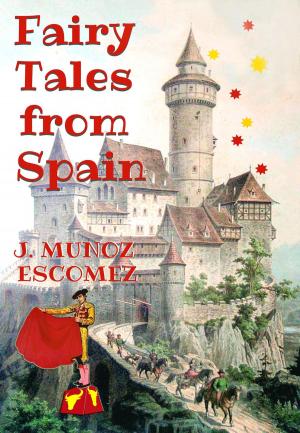| Author: | George Eliot | ISBN: | 9786057861238 |
| Publisher: | E-Kitap Projesi & Cheapest Books | Publication: | March 20, 2019 |
| Imprint: | E-Kitap Projesi & Cheapest Books | Language: | English |
| Author: | George Eliot |
| ISBN: | 9786057861238 |
| Publisher: | E-Kitap Projesi & Cheapest Books |
| Publication: | March 20, 2019 |
| Imprint: | E-Kitap Projesi & Cheapest Books |
| Language: | English |
Adam Bede, novel written by George Eliot, published in three volumes in 1859. The title character, a carpenter, is in love with an unmarried woman who bears a child by another man. Although Bede tries to help her, he eventually loses her but finds happiness with someone else.
Adam Bede was Eliot’s first long novel. She described the work as “a country story—full of the breath of cows and the scent of hay.” Its masterly realism—evident, for example, in the recording of Derbyshire dialect—brought to English fiction the same truthful observation of minute detail that John Ruskin had commended in the paintings of the Pre-Raphaelites. But what was new in this work of English fiction was the combination of deep human sympathy and rigorous moral judgment.
Awake, my soul, and with the sun
Thy daily stage of duty run;
Shake off dull sloth...
Here some measurement was to be taken which required more concentrated attention, and the sonorous voice subsided into a low whistle; but it presently broke out again with renewed vigour —
Let all thy converse be sincere,
Thy conscience as the noonday clear.
Such a voice could only come from a broad chest, and the broad chest belonged to a large-boned, muscular man nearly six feet high, with a back so flat and a head so well poised that when he drew himself up to take a more distant survey of his work, he had the air of a soldier standing at ease. The sleeve rolled up above the elbow showed an arm that was likely to win the prize for feats of strength; yet the long supple hand, with its broad finger-tips, looked ready for works of skill. In his tall stalwartness Adam Bede was a Saxon, and justified his name; but the jet-black hair, made the more noticeable by its contrast with the light paper cap, and the keen glance of the dark eyes that shone from under strongly marked, prominent and mobile eyebrows, indicated a mixture of Celtic blood. The face was large and roughly hewn, and when in repose had no other beauty than such as belongs to an expression of good-humoured honest intelligence.
Adam Bede, novel written by George Eliot, published in three volumes in 1859. The title character, a carpenter, is in love with an unmarried woman who bears a child by another man. Although Bede tries to help her, he eventually loses her but finds happiness with someone else.
Adam Bede was Eliot’s first long novel. She described the work as “a country story—full of the breath of cows and the scent of hay.” Its masterly realism—evident, for example, in the recording of Derbyshire dialect—brought to English fiction the same truthful observation of minute detail that John Ruskin had commended in the paintings of the Pre-Raphaelites. But what was new in this work of English fiction was the combination of deep human sympathy and rigorous moral judgment.
Awake, my soul, and with the sun
Thy daily stage of duty run;
Shake off dull sloth...
Here some measurement was to be taken which required more concentrated attention, and the sonorous voice subsided into a low whistle; but it presently broke out again with renewed vigour —
Let all thy converse be sincere,
Thy conscience as the noonday clear.
Such a voice could only come from a broad chest, and the broad chest belonged to a large-boned, muscular man nearly six feet high, with a back so flat and a head so well poised that when he drew himself up to take a more distant survey of his work, he had the air of a soldier standing at ease. The sleeve rolled up above the elbow showed an arm that was likely to win the prize for feats of strength; yet the long supple hand, with its broad finger-tips, looked ready for works of skill. In his tall stalwartness Adam Bede was a Saxon, and justified his name; but the jet-black hair, made the more noticeable by its contrast with the light paper cap, and the keen glance of the dark eyes that shone from under strongly marked, prominent and mobile eyebrows, indicated a mixture of Celtic blood. The face was large and roughly hewn, and when in repose had no other beauty than such as belongs to an expression of good-humoured honest intelligence.
